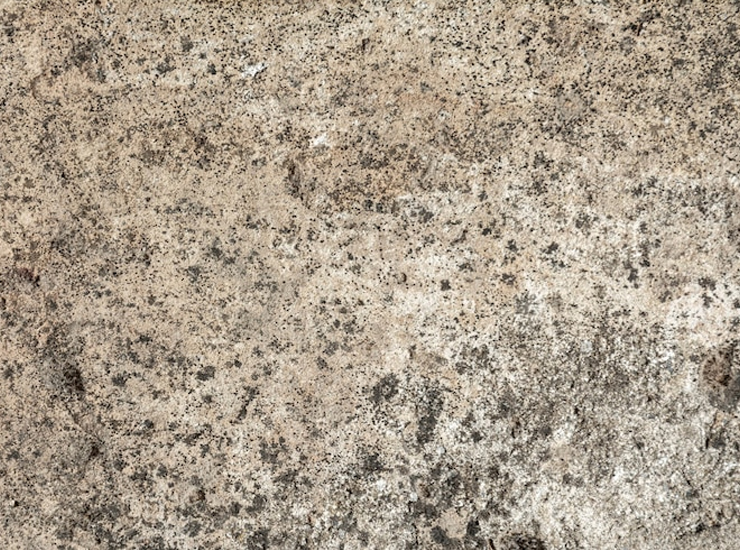Does Vinegar Kill Mold On Concrete? Having good household products offer the best respite against your issues. But, if an external element disturbs them, you cannot find peace. People like to develop great walls, windows, sinks, bathrooms, and kitchens for a good household. But tiny elements such as fungi develop on them. They destroy them over time and make sure your product gets in a bad shape.
If you have seen some spots developing on your wooden items, it is a fungus known as mold. Molds easily develop within your household and in humid places. Their development depends on your input and some troubles you deal with. A common presence of mold is water leakage. Water when leaking gets into the wood and stays there. It promotes the development of molds and they present a raw region with a foul smell.
While locating and observing mold can be easy, people ask for their removal methods. We suggest going for vinegar since it is cheap, effective, and easy to apply. But studies also show that vinegar can work for some molds only. And other options must come along. We will try to solve all the riddles associated with vinegar and mold removal.
Does Vinegar Kill Mold?
First, let us discuss vinegar and its action against molds. Vinegar is naturally an antibacterial and antifungal product. It has a natural ability to carry away fungi and protect surfaces. White household vinegar is the perfect option when wanting to beat mold. This natural ability comes through the presence of acetic acid in vinegar.
Acetic acid is a stronger acid with a pH of around 2.5. This high pH makes it effective and strong against fungi and other different microorganisms. Your vinegar contains around 5 to 8 percent acetic acid helping it to fight against molds.
However, some studies also prove that vinegar is not suitable to kill every type of mold. For example, vinegar with around 4.2 percent acetic acid is favorable to kill off Penicillium Chrysogenum. However, the same is not suitable against Aspergillus Fumigatus whereas both of them are household mold types.
Hence, a favorable option is to consider other products if vinegar is not providing relief against molds.
The action of Vinegar on Some Surfaces
Now, it is time to make sure how effective vinegar with acetic acid can be on certain surfaces. People generally have to deal with mold on drywall, concrete, and leather. Here is how they fare.
· Does Vinegar Act on Drywall?
Vinegar is the perfect choice for use on drywall to kill mold. But when you apply vinegar and any other product, you have to scrub for removing molds. Try to be careful when scrubbing drywall since you can damage the portion beneath.
· Does Vinegar Kill Mold on Concrete?
Mostly, it is a precaution to not use vinegar on concrete. Vinegar itself does not damage the concrete. But good practice is to avoid it since it can damage the surroundings.
· The action of Vinegar on Leather
Vinegar is also perfect to use on leather to kill molds. However, for use on leather, the mixture must be of vinegar and water with a 1:1 proportion.
Related Articles:
Is Mold And Fungus The Same Thing?
5 Common Mold Myths: What You Believe May Not Be True
DIY Mold Removal: Natural Mold Killers
What Makes the Home a Great Place for Mold Growth?
When to Walk Away from a House with Mold?

